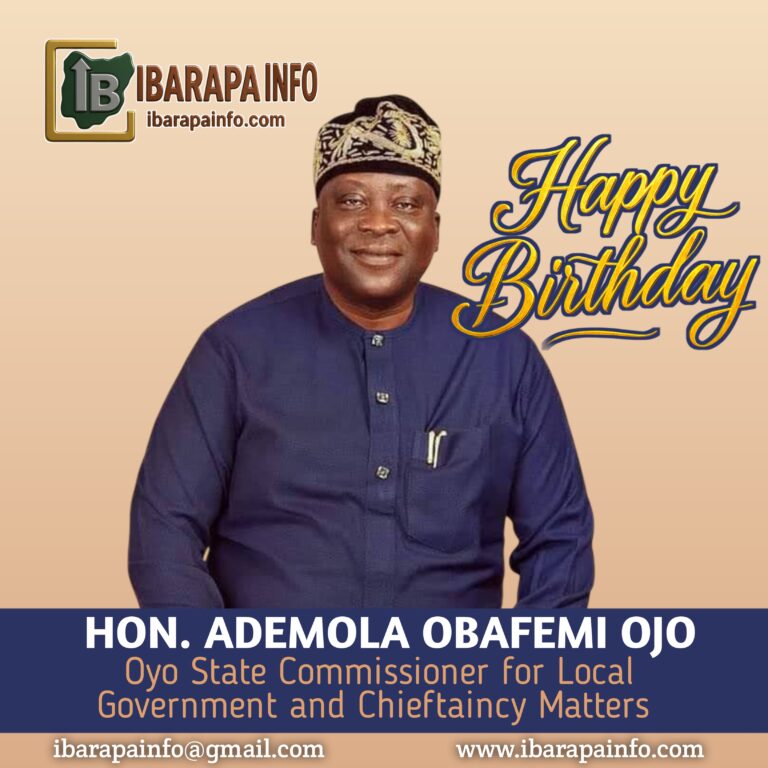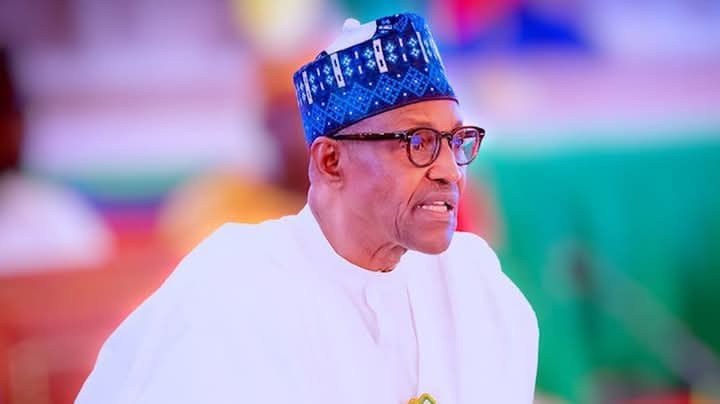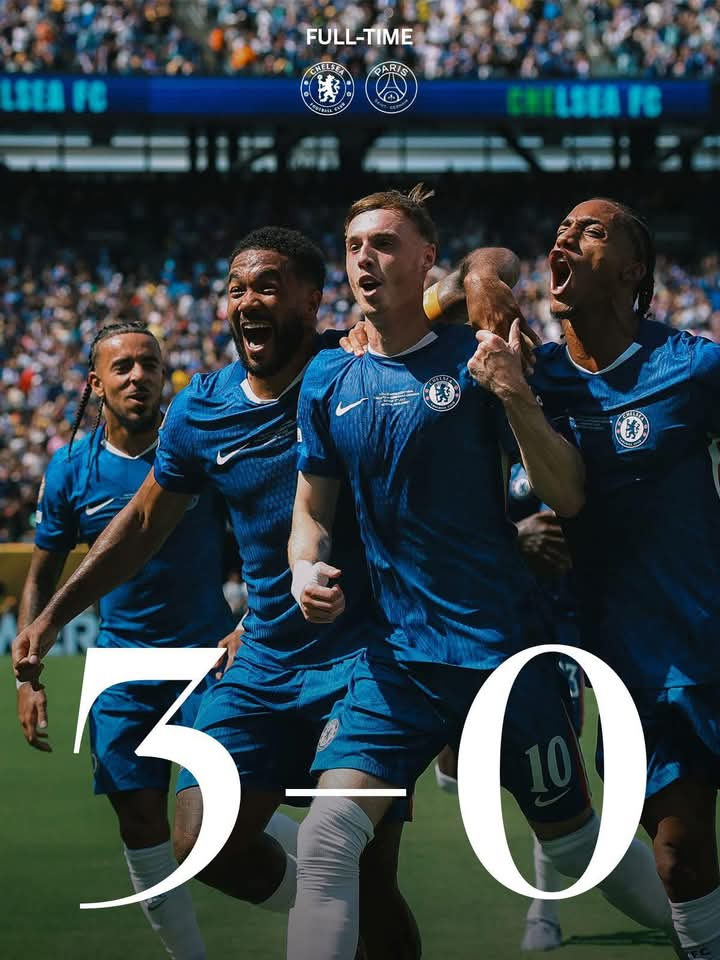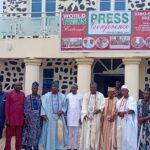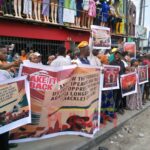In this report, WALE AKINSELURE takes a retrospective look at how Nigeria’s democracy has evolved after the June 12, 1993 saga amid current political realities
Today marks 32 years after the June 12, 1993, presidential election, widely regarded as the freest and fairest election in the annals of the nation’s history was annulled by military president Ibrahim Babangida. The ghost of the June 12 saga still haunts the nation as General Ibrahim Babangida, in February this year, launched a book titled, “A Journey in Service,” ostensible to reverse the chain of events dating back to 32 years. Babangida, speaking at the book launch in Abuja described the annulment of the election as most regrettable. “The nation is entitled to expect my impression of regret. “As the leader of the military administration, I accept full responsibility for all decisions taken under my watch, and June 12 happened under my watch. Mistakes, oversight and missteps happened in quick succession, but as I state in my book, in all matters, we acted in the supreme national interest so that Nigeria could survive,” Babangida said. He acknowledged that his administration’s actions disrupted the nation’s transition to civilian rule but claimed that the country overcame the setback.
Babangida’s infamous announcement in 1993 stung many Nigerians with democracy activists insisting that Chief MKO Abiola won the election with a 58 per cent majority. Before Babangida’s announcement, Abiola of the Social Democratic Party had out of the 6.6million votes announced by the Prof Humphrey Nwosu-led National Electoral Commission, polled 4.3million votes. His opponent, Bashir Tofa of the National Republic Conventions had received 2.3million votes.
NEC had begun announcing results on June 14, 1993, with Abiola winning 19 out of 30 states and the Federal Capital Territory. He swept all South-West states; three of seven South-East states; five of nine Northern states—including Tofa’s Kano—and four of seven in the Middle Belt. However, on June 15, NEC abruptly stopped the collation, citing a court injunction obtained by the Association for Better Nigeria (ABN), led by Chief Arthur Nzeribe.
On June 16, NEC announced via Radio Nigeria that it was suspending further announcements. Babangida seized on the moment and, on June 24, formally annulled the election.
The annulment sparked nationwide protests, especially in the southwest, leading to deaths and civil unrest. The United States, United Kingdom, and European Union suspended aid to Nigeria, while the Commonwealth condemned the act. The military junta responded with a crackdown — shutting down media houses, arresting journalists, promulgating decrees barring legal challenges, and disbanding NEC.
Chief MKO Abiola flew abroad seeking international support and his return triggered another wave of civil unrest by Nigerians with businesses shutting down. The unease pressured General Babangida to step aside on August 26.
There then emerged an Interim National Government headed by Chief Ernest Shonekan with General Sani Abacha, a confidant of Babangida, serving as Defence Minister. The Shonekan ING, especially, failed to efficiently manage the economy, leading to a strike by the Nigerian Labour Congress over the failing economy. On November 17, 1993, Abacha toppled the interim government in a palace coup. Upon assuming office, Abacha dissolved the legislature, and state and local governments; replaced elected governors with military and police officers; banned all political activities and established two governing institutions: the Provincial Ruling Council and Federal Executive Council.
Abiola fled abroad to seek international support. Upon his return, he issued the famous Epetedo Declaration and was arrested in June 1994 for declaring himself president. His detention triggered fresh unrest and strikes across petroleum, banking and academic sectors.
The June 12 crisis birthed the National Democratic Coalition, a broad alliance of pro-democracy forces agitating for the restoration of Abiola’s mandate. Prominent figures in the movement included Admiral Ndubuisi Kanu, Sam Mbakwe, Anthony Enahoro, Bola Ige, Alfred Rewane, Beko Ransome-Kuti, Ayo Opadokun, Bola Tinubu, Prof. Wole Soyinka, Wahab Dosumu, Generals Theophilus Danjuma, Ebitu Ukiwe and Adeyinka Adebayo, Adekunle Ajasin, Olu Falae, Prof. Bolaji Akinyemi, Rev. Fr. Moses Adasu and John Odigie-Oyegun.
Several NADECO leaders, including Ayo Opadokun, Wale Oshun and Cornelius Adebayo, were arrested. Kudirat Abiola was assassinated in what many regard as martyrdom for democracy.
Despite widespread criticism and pressure from several quarters, Abacha refused to release Abiola for four years, until the military ruler died on June 8, 1998. With Abacha dead, Nigerians were looking forward to Abiola’s release, but he also died under mysterious circumstances.
In 2018, former President Muhammadu Buhari formally declared June 12 as Democracy Day—replacing the symbolic but hollow May 29. Back in 1993, the military president, Ibrahim Babangida cited vote buying and the need to protect the country’s judiciary as the main reasons for the annulment of the election. Whether Babangida’s reasons for his actions were concocted or not, the issues of vote buying, federal giving way for a unitary system of government, and suppression of the popular will of the people remain under public scrutiny.
Every election since 1993 has been characterised by reports of vote buying, manipulations, various forms of voter inducement, and victimisation of opposition. Local and international observers after the 2007 election declared the poll as the worst election in the nation’s history. In the last Ondo governorship election, the Peoples Democratic Party continuously stated that votes were like commodities in an open market trading for between N5,000 and N20,000 with the highest bidder having its way. For every electoral cycle, the electoral body has continued to advance technology to give elections in the country some credibility. The last introductions were the Bimodal Voter Accreditation System and the INEC Result Viewing Portal. Those have also been ridden with technical hitches which cast doubts over the credibility of election results. There was the Electoral Act 2022, before the last general election, which observers note, is not being implemented to the letter, giving political parties, and politicians the leeway to act otherwise. Ahead of the 2027 elections, Nigerians can only hope for some improvements that would guarantee transparency in the conduct of the election and collation of election results.


